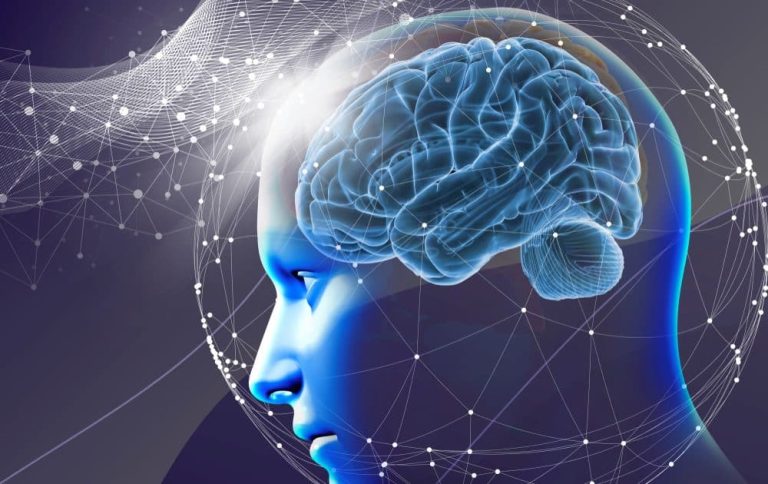The human brain has several functions, and some of these contribute to how we learn, remember, and adapt. While the brain is one of the most complex organs in the human body, understanding how it processes information can help make learning more efficient and enjoyable. Today, we are diving into five surprising facts about how your brain learns.
1. Your brain physically changes when you learn.
It might sound strange that the brain undergoes physical changes, but this happens when the brain cells, neurones, form or strengthen existing connections when we learn something new. Connections are how the brain cells communicate, and they are called synapses. After the process, known as synaptic plasticity, the changes solidify over time so that the knowledge and skills we absorb are more accessible and automatic.
2. Sleep is Essential for Memory Formation
Studies have shown that getting a good night’s sleep helps with retaining the information you absorb, whether you are studying for a big test or reading a newspaper. Many students have pulled an all-nighter, hoping to take in as much knowledge as possible for the big test they have, but that sometimes results in them forgetting almost everything the next day.
This is because the brain needs sleep to consolidate memories. When you are in deep sleep, your brain processes and strengthens new information, transferring it from short-term to long-term storage and this is called memory consolidation. Studies have also shown that when you experience REM (rapid eye movement) and non-REM during your sleep, they are associated with different aspects of memory.

3. You’re more likely to remember surprising information.
If you are having difficulty grasping ordinary information, perhaps all you need is a surprising element added to it. The psychological term for when people remember novel information better than the ordinary is the “Von Restorff effect.” Research has shown that the brain has a natural inclination to pay attention to things that are surprising or unexpected.
The brain releases dopamine when something surprising occurs. Dopamine helps you to retain information, as it is a neurotransmitter linked to pleasure and learning. In the past, unexpected stimuli were typically associated with danger or reward, and studies have linked this with how our brain processes surprising information.
4. Emotions Impact Learning and Memory Retention
It is true that when you are emotionally engaged in something, you will remember the information better. It does not matter if it is a positive or negative occasion, because the amygdala, the brain’s processing centre, hugely influences our memory. When you are feeling emotional, hormones like adrenaline and cortisol are released, and these help to enhance your memory. There, you are more likely to remember information that resonates with your personal experiences or values.
5. Repetition Works, But Only with Spacing
Studying continuously might not help you retain the information as quickly as you would like to. Research shows that studying by doing spaced repetition rather than continuous repetition allows you to reinforce learning. When you do space repetition, you review information at increasing intervals instead of sitting over the information for several hours. This process helps to strengthen the memory trace so that it is easier to remember in the long term. Additionally, reviewing information signals to your brain that you are absorbing important information, which solidifies the information over time.
Conclusion
By utilising the neuroscience-backed methods that help with understanding the brain’s complex learning process, we can take a more effective approach to education, personal growth, and even our daily routines so that we can learn more. It is more efficient to work with our brain’s natural tendencies by optimising our learning strategies.

